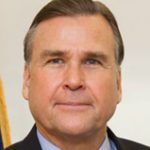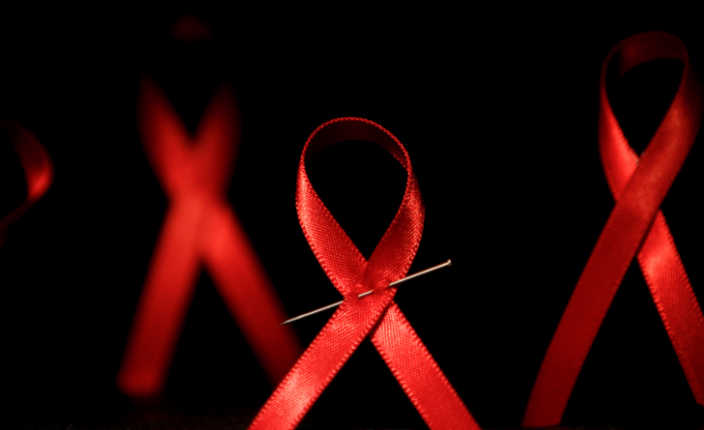On World AIDS Day, the United States remembers all those who have lost their lives to AIDS, and honors those working together to stop this disease, from caregivers to the families, friends, and communities supporting them. Each year, we renew our commitment to assist those who are living with, or at risk from HIV/AIDS. In Nigeria and around the world, we are closer to controlling the HIV/AIDS pandemic than ever before – binding communities, scientists, and political leaders together to envision a very different future. What once seemed impossible is now possible. But our work is far from done.
Through transparency, accountability, and the power of partnership, we can accelerate progress toward reaching our goals and finally ending the scourge of the HIV/AID epidemic, in Nigeria, in Africa, and throughout the world.
Every Nigerian can make a profound difference in the global struggle. Preventing new cases of AIDS is the single most important step we can take together now. Stopping AIDS depends on each of us.
The U.S. government’s theme for World AIDS Day 2017 is “Increasing Impact through Transparency, Accountability and Partnerships.”
Advertisement
This theme reflects the U.S. government’s longstanding leadership in addressing global HIV/AIDS, increasing our impact to move the epidemic from crisis toward control. It also highlights the historic opportunity to accelerate progress toward ultimately ending the HIV/AIDS epidemic as a public health threat in countries around the world. Finally, it emphasizes the critical role of transparency, accountability, and partnerships in reaching these goals.
We must recognize that HIV has not gone away. This sad fact is especially true in Nigeria. Nigeria has the second largest HIV epidemic in the world and one of the highest new infection rates in sub-Saharan Africa, according to UNAIDS. Despite the decrease in AIDS-related mortality and morbidity, HIV remains a global health issue. In 2016, an estimated 36.7 million people were living with HIV (including 1.8 million children) while 1 million people died of AIDS-related illnesses, according to UNAIDS. Since the beginning of the epidemic, 78 million people have become infected with HIV and 35 million people have died of AIDS-related illnesses. Unfortunately, approximately 30% of people infected with the virus do not know that they have it.
We are at an unprecedented moment in the global HIV/AIDS response. For the first time in modern history, we have the opportunity to change the very course of a pandemic by controlling it without a vaccine or a cure. Controlling the pandemic will lay the groundwork for eliminating or eradicating HIV, which we hope will be possible through future scientific breakthroughs which lead to an effective HIV vaccine and cure.
Advertisement
The latest data show that 5 high-burden African countries are already approaching control of their HIV/AIDS epidemics, something that not too long ago seemed impossible.
No country or entity alone can end the AIDS pandemic. We are proud to partner with governments, the private sector, philanthropic organizations, multilateral institutions, civil society and faith-based organizations, and many others in this work.
The U.S. government, through the U.S. President’s Emergency Plan for AIDS Relief (PEPFAR), has helped to not only save and improve millions of lives, but also transformed the global HIV/AIDS response.
In Nigeria, PEPFAR supports lifesaving antiretroviral treatment (ART) for more than 772,000 men, women and children. Its programs allowed 1.6 million pregnant women to receive HIV testing and counseling, and enabled 1.1 million orphans, vulnerable children, and their caregivers to receive care and support. Through PEPFAR, the U.S. government has invested $5.1 billion to support the HIV/AIDS response in Nigeria.
Advertisement
The Trump Administration has pledged to maintain the U.S. commitment to saving lives. During the 2017 United Nations General Assembly, U.S. Secretary of State Rex Tillerson launched the PEPFAR Strategy for Accelerating HIV/AIDS Epidemic Control (2017-2020). The Strategy demonstrates both the courage of our convictions and the boldness of our ambitions. It reaffirms that the U.S. government, through PEPFAR, will continue to support HIV/AIDS efforts toward achieving epidemic control in more than 50 countries including Nigeria, ensuring access to HIV services by all populations, including the most vulnerable and at-risk groups.
Symington is US Ambassador to the Nigeria
Add a comment







